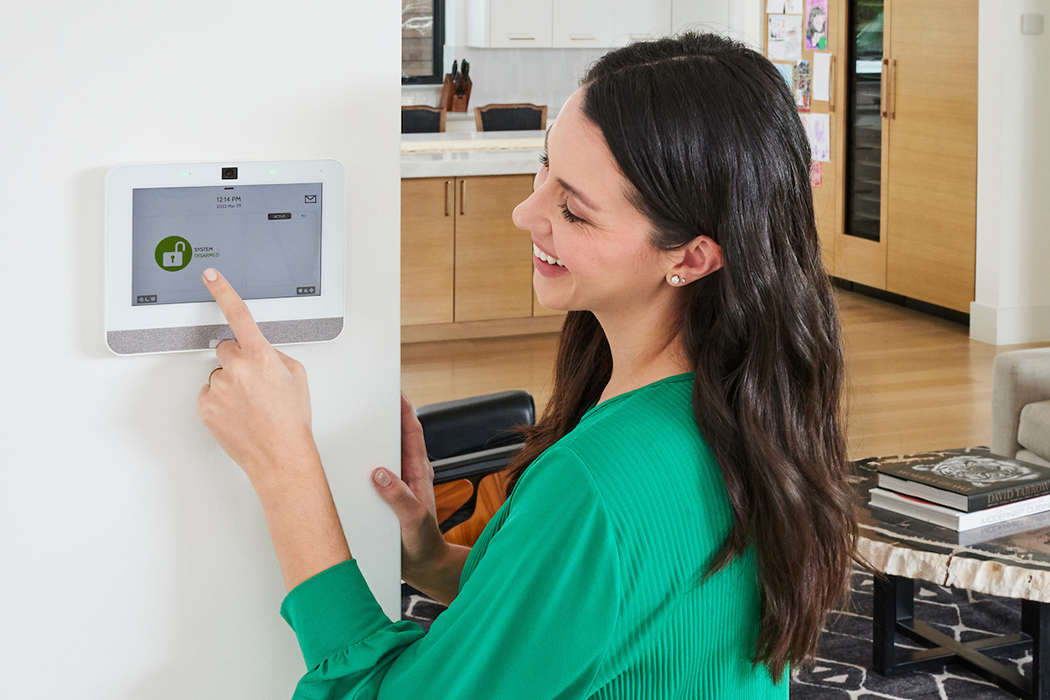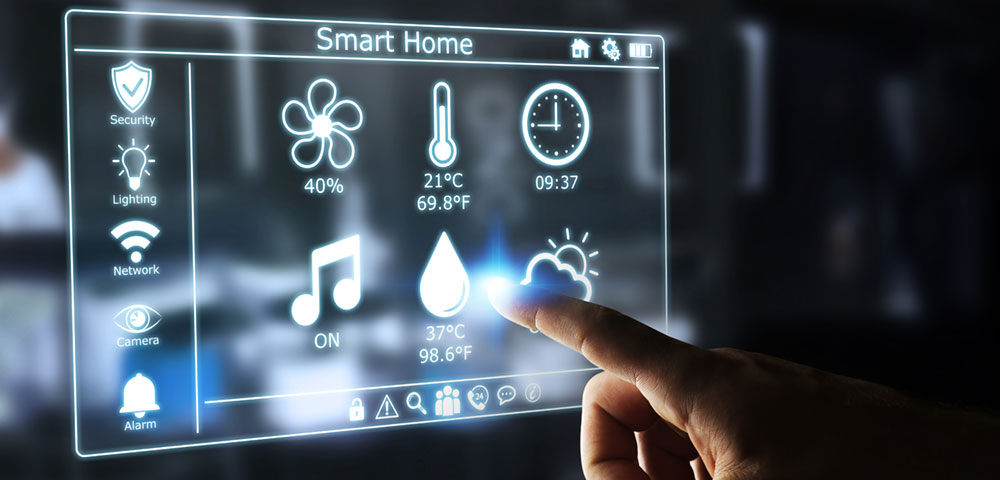
Sustainable Heating Systems for Smart Homes: A Path to Eco-Friendly Living
Share
In an era where technology and environmental consciousness intersect, the concept of sustainable heating systems for smart homes has become a focal point for tech professionals and enthusiasts alike. As the world continues to grapple with climate change, the demand for eco-friendly solutions is on the rise. Smart homes, equipped with advanced heating systems, offer a promising pathway to reduce carbon footprints and enhance energy efficiency.
Heating systems, traditionally known for their energy consumption, are undergoing a transformation. The integration of smart technology not only optimizes energy usage but also contributes to sustainable living. This article explores the intricacies of sustainable heating systems and their role in shaping the future of smart homes.

Understanding Sustainable Heating Systems
Sustainable heating systems are designed to minimize environmental impact while maximizing efficiency. These systems leverage renewable energy sources, such as solar and geothermal energy, to heat homes effectively. By utilizing natural resources, they reduce dependency on fossil fuels, thereby lowering carbon emissions.
Smart homes equipped with sustainable heating systems benefit from real-time data analysis and automation. For instance, smart thermostats can adjust temperatures based on occupancy and weather patterns, ensuring optimal comfort and energy savings. Integrating these systems with IoT devices further enhances their efficiency, as seen in [smart HVAC systems](https://iottechnologies.io/blogs/our-latest-posts/smart-hvac-systems-for-eco-friendly-homes) that adapt to user preferences.
The Role of IoT in Heating Systems
The Internet of Things (IoT) plays a pivotal role in transforming traditional heating systems into smart, sustainable solutions. IoT devices collect data on temperature, humidity, and occupancy, allowing heating systems to operate only when necessary. This level of automation not only conserves energy but also provides homeowners with insights into their energy consumption patterns.
Furthermore, IoT integration facilitates remote control and monitoring of heating systems through mobile applications. Homeowners can adjust settings from anywhere, ensuring their homes are heated efficiently upon arrival. For insights into automating home heating sustainably, visit [this guide](https://iottechnologies.io/blogs/our-latest-posts/how-to-automate-home-heating-sustainably).
Benefits of Sustainable Heating Systems
Adopting sustainable heating systems in smart homes offers numerous benefits beyond environmental conservation. These systems are designed to be cost-effective, reducing energy bills significantly over time. With the ability to harness renewable energy sources, homeowners can enjoy consistent heating without the volatility of traditional energy prices.
Additionally, sustainable heating systems contribute to a healthier indoor environment. By reducing reliance on fossil fuels, they minimize indoor air pollution, creating a safer living space. This aspect is particularly crucial for individuals with respiratory conditions, as cleaner air improves overall well-being.
Challenges and Considerations
While the advantages of sustainable heating systems are clear, there are challenges to consider. The initial investment for installing these systems can be substantial, potentially deterring some homeowners. However, long-term savings and environmental benefits often outweigh the upfront costs.
It's also essential to consider the compatibility of sustainable systems with existing home infrastructure. Retrofitting older homes may require additional modifications, which can increase project complexity. Nevertheless, advancements in technology continue to simplify the integration process, making sustainable heating systems more accessible.
The Future of Smart Home Heating
The future of smart home heating lies in continuous innovation and collaboration between technology and sustainability sectors. As more homeowners recognize the value of eco-friendly solutions, the demand for sustainable heating systems will grow. This shift will drive further advancements in technology, leading to more efficient and affordable solutions.
For those interested in exploring the intersection of home automation and the environment, [this article](https://advancedlivingsolutions.com.au/home-automation-and-the-environment-saving-energy-and-money/) provides valuable insights into how technology can save both energy and money.
Conclusion
Sustainable heating systems for smart homes represent a significant step towards a more sustainable future. By embracing these technologies, homeowners can reduce their environmental impact, save on energy costs, and enjoy a more comfortable living environment. As the world continues to prioritize sustainability, the integration of smart technology in heating systems will play a crucial role in shaping the homes of tomorrow.
For more information on green home technology, visit [this resource](https://www.binbin.tech/en/what-are-the-new-trends-in-green-technology/).

FAQ
What are the key components of a sustainable heating system?
Sustainable heating systems typically include smart thermostats, IoT sensors, and renewable energy sources like solar panels or geothermal heat pumps.
How do smart thermostats contribute to energy efficiency?
Smart thermostats adjust temperatures based on real-time data, such as occupancy and weather conditions, to optimize energy usage and reduce waste.
Can older homes be retrofitted with sustainable heating systems?
Yes, older homes can be retrofitted with sustainable heating systems, although it may require additional modifications to integrate new technology effectively.
